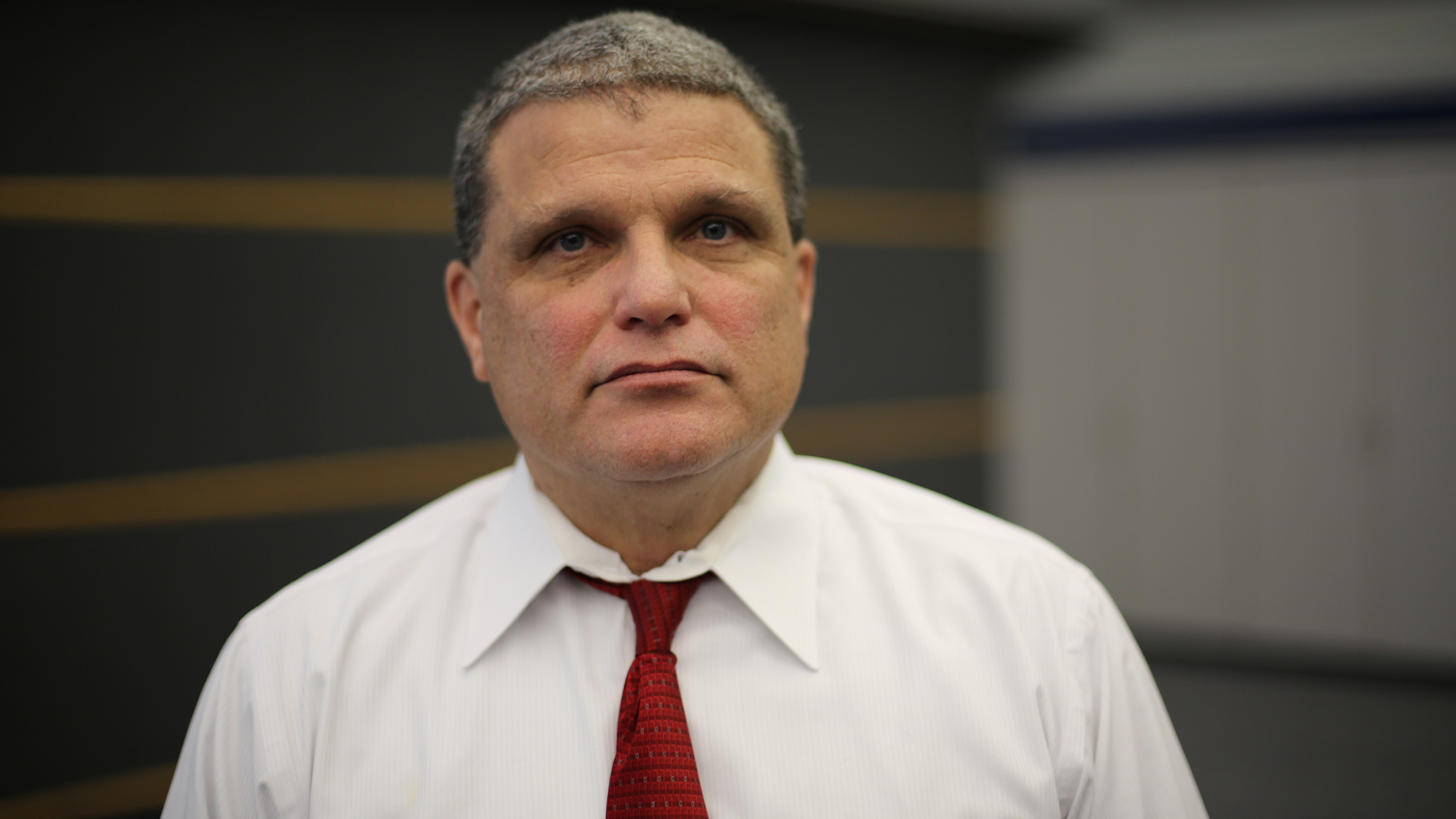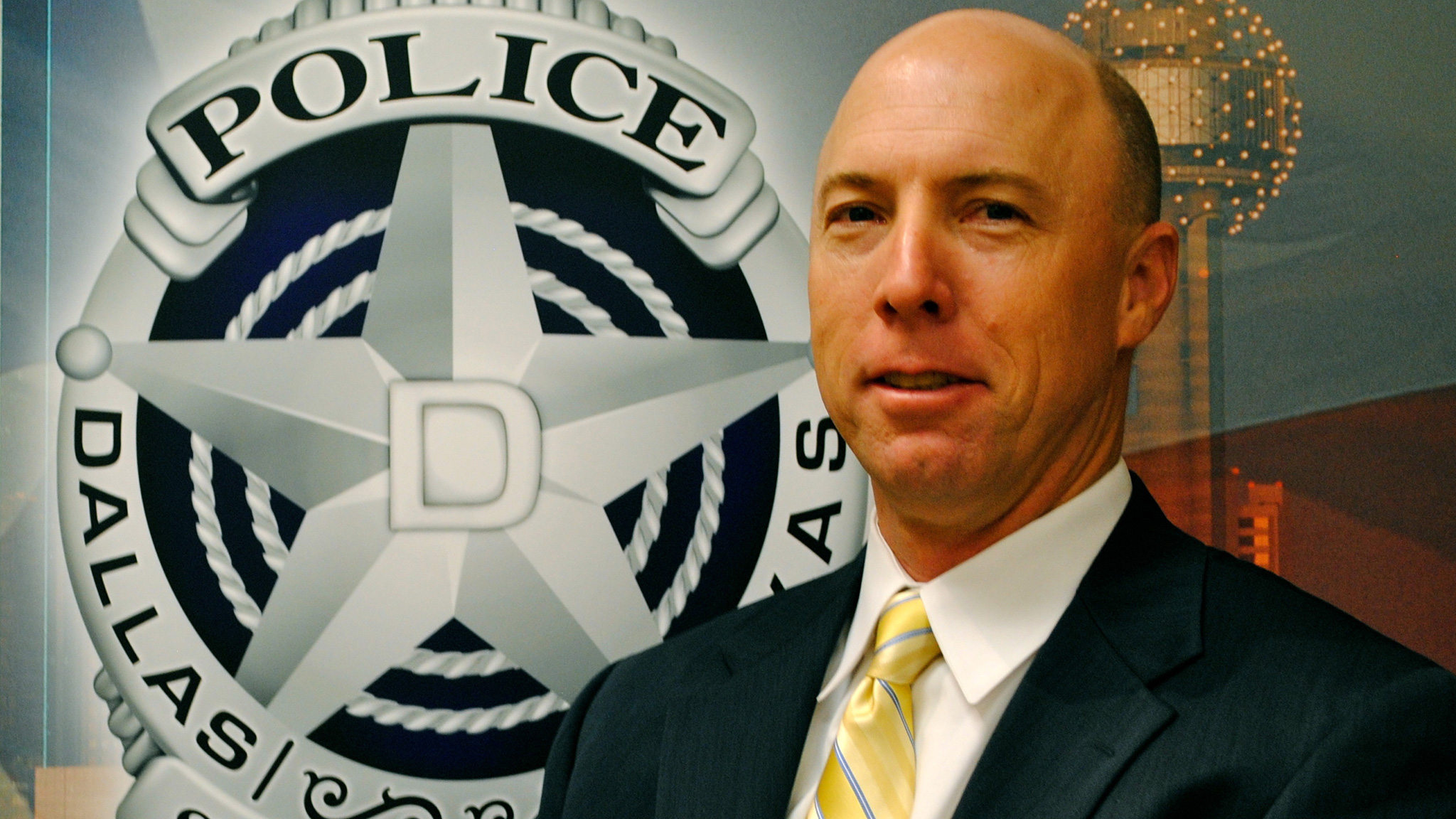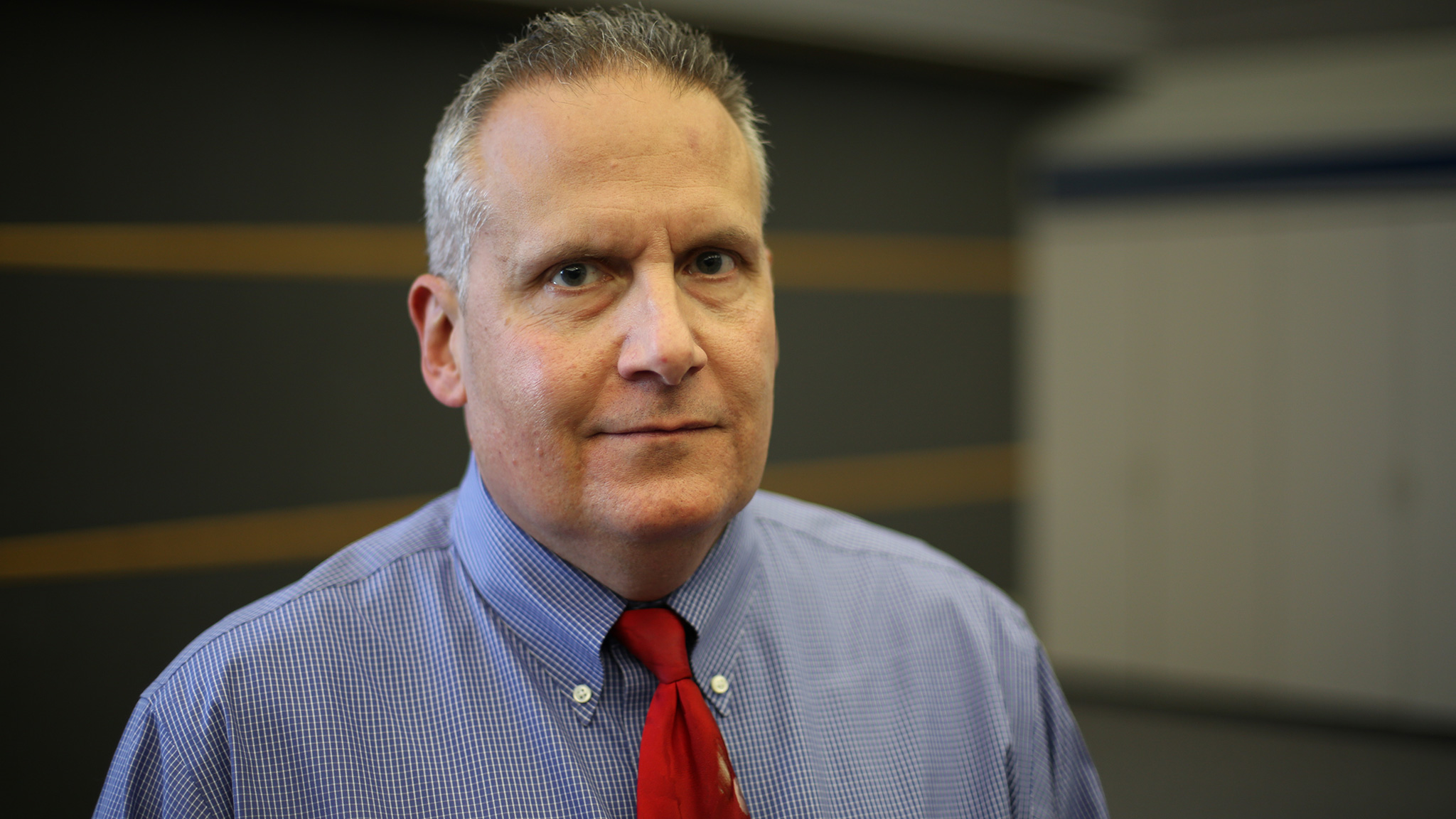A &E's hit crime show The First 48 has been walking viewers through murder investigations for over 15 years. Some of the show's most seasoned homicide detectives, retired Detective Richard Duggan of the Dallas Police Department, retired Detective Michael Zenoni and retired Sgt. Dave Walker, both of the Tulsa Police Department, spoke about the qualities and experiences that make a successful homicide detective.
The Challenges of Being a Homicide Detective
Whether it's working odd hours, tirelessly searching for clues or pushing past the mental exhaustion that comes with seeing tragedy every day, the work of a homicide detective is challenging to say the least. One of the job's critical skills is knowing the first steps to take in an investigation.
"We've got a dead body and that is a good starting point," Walker says. "But the circumstances around it, the pressure to get started quickly and get moving in some direction is a challenge that I faced, anyway. We have to slow down and make sure we take it in stride and don't get too far ahead of ourselves."
The level of violence in a case, meanwhile, can contribute to its urgency. "If it's a particularly gruesome case where the perpetrator is going to be out in the public and there's a chance for him to do something else again, then the pressure's amped up a little bit," Walker says.
Both Zenoni and Duggan say the toughest part of an investigation is dealing with suspects and witnesses. "One of the biggest challenges is just getting people to cooperate with the investigation," Duggan says. "[We'd have] witnesses who are reluctant to cooperate for whatever reason." He says all they can do is "try and convince them to do the right thing—to cooperate with the investigation and help us identify the person who committed this terrible crime so we could get that suspect off the street."
Dishonesty—among suspects, potential witnesses and even the larger community—is another very difficult hurdle to overcome, Zenoni says. "Lying is the biggest challenge."
Duggan credits his predecessors—seasoned, veteran homicide detectives—for helping him develop the interrogation skills needed to talk to all kinds of people. "[They] really shaped how I went about my job and helped me become successful in solving some of these murder cases."
The Necessary Qualities of a Good Homicide Detective
Patience is a key quality of a good homicide, Duggan says. "[You've got to be] patient, especially during interviews and interrogations. Be understanding, show empathy," he says. "You're trying to relate to not just the suspect that you're interrogating, but also witnesses. It's important to try and establish some sort of rapport so you can get the information that you need to further the investigation."
Communication skills are also important, he says. "I learned how to talk to people from watching some of these veteran homicide detectives interview and interrogate people and that was very important in shaping my career. You need to know how to communicate with people from all walks of life, and if you can't communicate with them, then you're going to have a hard time making progress on that investigation."
While fictional cop dramas often show a dramatic "good cop/bad cop" style of interrogation, Walker believes an empathetic style is more effective.
"The biggest thing is compassion and a caring attitude. Empathy towards the family, empathy towards the victim, no matter who they are," he says. "Our victims can be the leader of an opposing gang, not a very good person... But somewhere along the line we're going to go tell a [victim's] family member that their son, daughter, brother, sister or relative is dead. And it doesn't matter who the person is, that family is going to be upset. That has to get to us as the homicide detective. 'Cause if you don't care, you're not going to get up at 3 in the morning when it's snowing and sleeting and go rummage through trash cans to find the evidence."
The Cases That Haunt Them
All three men admit to being haunted by cases they can't forget, either because they weren't able to solve them, or the specific circumstances.
"I don't think you'd be a decent homicide detective if you didn't remember the ones you don't solve," Zenoni says. "They stick with you."
Zenoni recalled one case he can't forget: "We had one here, an innocent little girl that got murdered. She was found beaten in her apartment. Over the years, we've taken probably close to 150 DNA swabs from people," he says. "That'd be a nice one to solve."
For Duggan, it's the unsolved cases that yielded no real leads that keep him up at night. "I've got cases where I had hardly any clues at all and are still unsolved to this day," Duggan says. "I still kind of wonder whatever happened, who actually did this. You feel sorry for the victim's family because they never know. They weren't able to get any closure," he says.
For Walker, the case he can't shake involved a teenage victim who was in the wrong place at the wrong time. "I had a 14-year-old victim just riding in a car with her family, doing everything right, and gets a bullet in the head because people want stuff," he says. "Those things haunt you because that's just the evil nature of man. And sometimes when humans do ungodly things to others, it just brings home the fact that [some people] are capable of being so evil."
A good detective will find his cases following him. Walker says. "You wake up at 2 o'clock in the morning and you got a particular case you're working that's not getting solved—if you work this job long enough, you're going to have a lot of them—you get out into the front room and you just start working on the computer," he says. "They're going to haunt you and they're going to haunt you even when you retire. And you've got to find [the killer] because they're going to kill again if you don't."
Staying Safe
Homicide detectives tend to be more aware of the dangers that lurk outside because they're around murders all day. As a result, being safe is always at top of mind.
"Be aware of your surroundings, especially if you're somewhere you're not familiar with," Duggan says. "These days you see people and their face is buried in their cell phone."
Keeping Law Enforcement in the Family
Even though Walker is now retired, he's still concerned with police business, as two of his children are now working in law enforcement. He credits having a great squad with getting him through such a dangerous career. "I was in a lot of tight spots with a lot of great people and we're still here to talk about it," he says. "In my squad, nobody got hurt. They took care of me and I took care of them."
Now his worries are less about his former colleagues and more about his two kids who work in law enforcement. As he jokes, "I worry about them all the time cause they're not as good as I am!"
Watch 10 episodes of The First 48 that feature cases of Murder in the Family. And catch new episodes, Thursdays at 8P.



